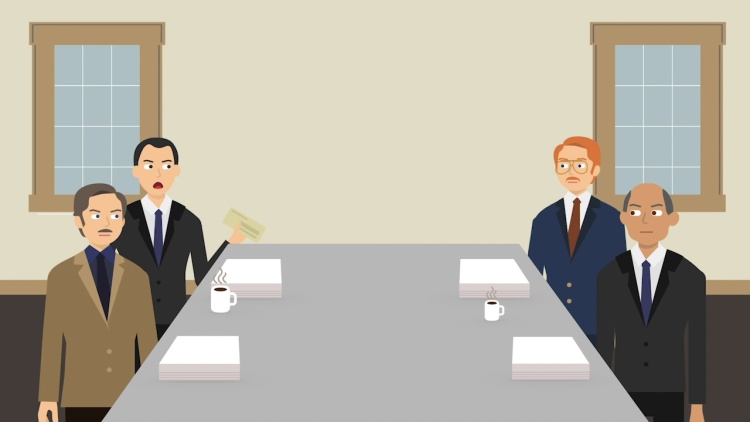Howard M. Schoor Associates, Inc. v. Holmdel Heights Construction Co.
New Jersey Supreme Court
343 A.2d 401 (1975)

- Written by Sara Rhee, JD
Facts
Holmdel Heights Construction Co. (Holmdel) (defendant) is a real estate developer. Holmdel hired Howard M. Schoor Associates, Inc. and another corporation (plaintiffs) to conduct engineering and surveying work for one of Holmdel’s developments. On April 14, 1970, the plaintiffs met with Alan Sugarman (defendant), Holmdel’s attorney, to discuss outstanding bills owed to the plaintiffs. At this meeting, Sugarman wrote the plaintiffs a check from his trust account for $2,000.00. The plaintiffs later claimed this payment was made in good faith to ensure the plaintiffs continued their work under the agreement. On June 12, 1970, Sugarman sent a letter requesting that the plaintiffs continue their work, and enclosing a check for $1,000.00 from his own funds as a good faith payment. The plaintiffs completed the work but were not paid. The plaintiffs thereafter brought suit to recover the outstanding amount. The trial judge found that the plaintiffs’ work was crucial to Holmdel’s financial success, that Sugarman had a substantial financial interest in Holmdel, and that Sugarman had orally promised to guarantee Holmdel’s debts if the plaintiffs continued to perform their work. The trial court found in favor of the plaintiffs and granted them a judgment of $24,105.30. The Appellate Division reversed, finding that Sugarman’s promise would be unenforceable under the statute of frauds.
Rule of Law
Issue
Holding and Reasoning (Mountain, J.)
What to do next…
Here's why 911,000 law students have relied on our case briefs:
- Written by law professors and practitioners, not other law students. 47,100 briefs, keyed to 997 casebooks. Top-notch customer support.
- The right amount of information, includes the facts, issues, rule of law, holding and reasoning, and any concurrences and dissents.
- Access in your classes, works on your mobile and tablet. Massive library of related video lessons and high quality multiple-choice questions.
- Easy to use, uniform format for every case brief. Written in plain English, not in legalese. Our briefs summarize and simplify; they don’t just repeat the court’s language.





